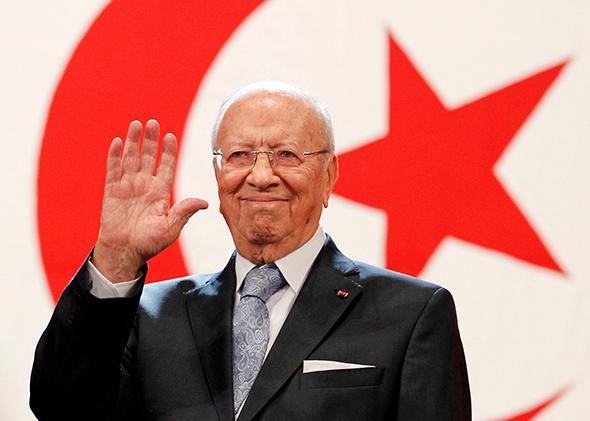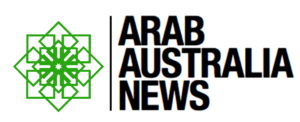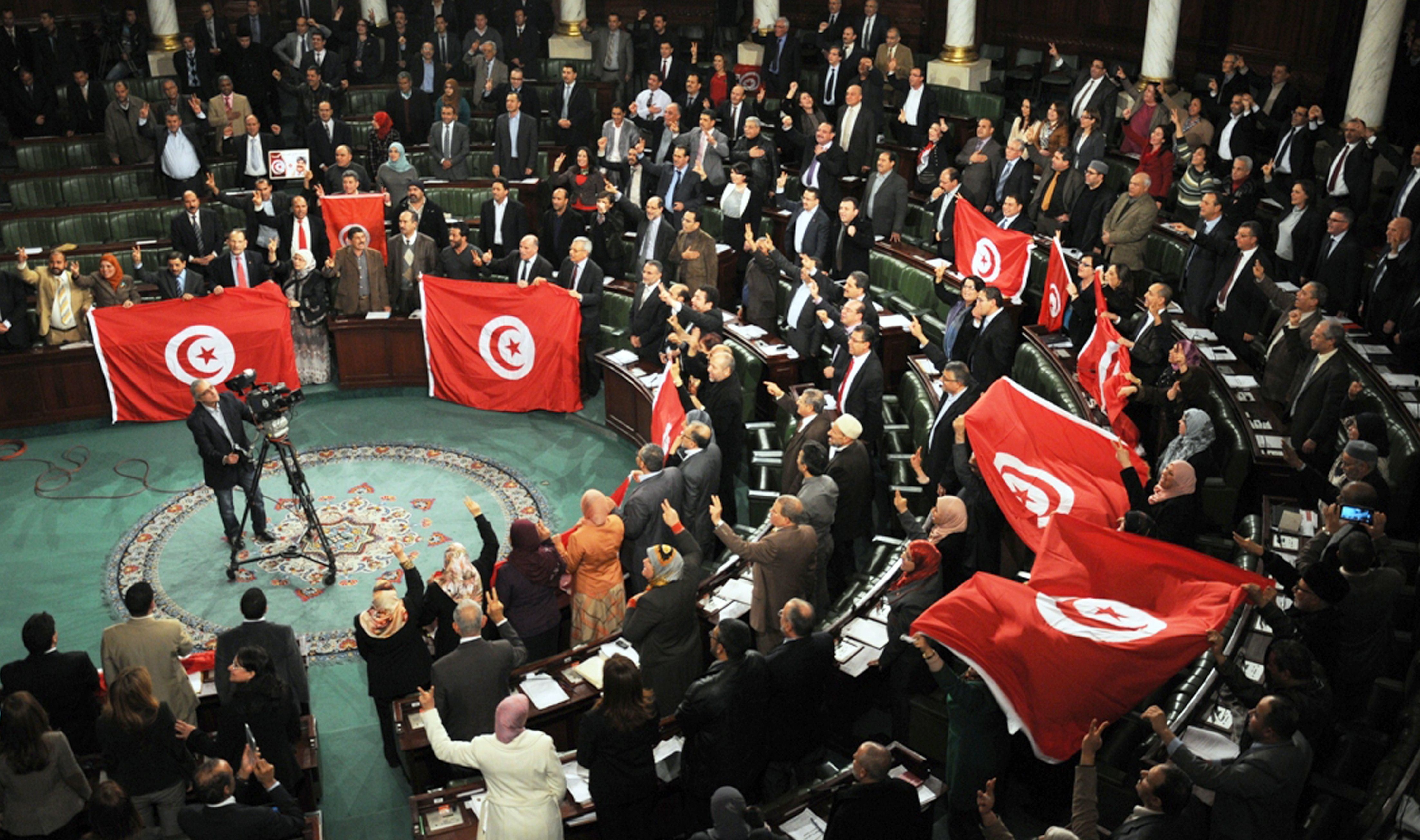The President of Tunisia, Beji Caid Essebsi, died last month aged 92.

After the death of President Essebsi, the Tunisian electoral commission has approved the nomination of 26 political candidates, including 2 women, out of a total of 97 hopefuls, to run in next month’s presidential election, all seeking to contest the country’s top office.
The vote on the 15th of September was brought forward from November following the President’s death last month. President Beji was the first democratically elected President of Tunisia. Tunisia was the priming spark for the Arab Spring revolts that toppled a number of authoritarian governments in North Africa and the Middle East. The coming election will be the third free election held in Tunisia.
“Seventy one nomination papers were rejected, including 51 on the grounds of lack of sponsorships and deposit guarantees and 14 for the lack of endorsements,” Nabil Baffoun, president of the commission, told a press conference. It was announced on Wednesday, that the 71 rejected presidential candidates could lodge appeals, with the final list set to be published by the end of August.
Among candidates approved for the presidential race are Prime Minister Youssef Chahed, former Prime Minister Mehdi Jomaa, the vice-president of the moderate Islamist party Ennahda Abdel Fattah Mourou, and Defence Minister Abdelkarim Zbid.
The two women candidates approved are Salma Loumi, a former tourism minister, and Abir Moussi, a staunch supporter of long-time ruler Zine El Abidine Ben Ali who was overthrown in the 2011 uprising.
Among the rejected candidates was Mounir Baatour, an openly gay lawyer whose bid was denounced by 18 associations campaigning for LGBTQ rights, who said he did not represent them. The electoral commission said he was barred because he failed to gather the required 10,000 signatures.
Tunisia’s president controls foreign and defence policy, governing alongside a prime minister chosen by parliament who has authority over domestic affairs. Tunisia has been praised as a rare case of democratic transition after the Arab Spring uprisings but still faces economic and security challenges.










